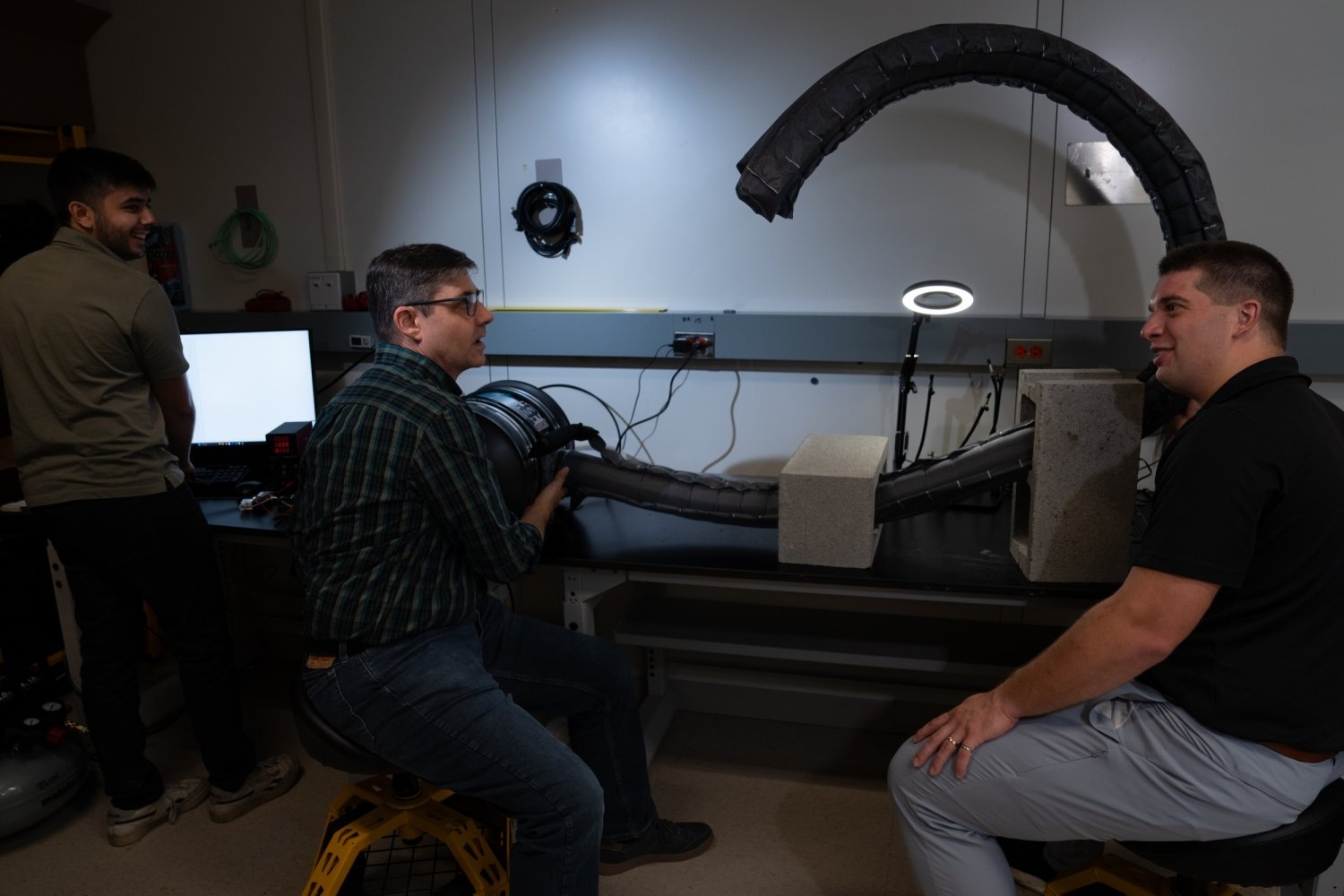At the upcoming European Congress of Clinical Microbiology and Infectious Diseases (ECCMID 2024), Dr. Jonas Marschall of Washington University School of Medicine in St. Louis will present groundbreaking research on how artificial intelligence (AI) can significantly improve the speed and accuracy of hospital outbreak investigations. This innovative approach could offer real-time solutions to prevent and manage infectious disease outbreaks more effectively.
Case Study: VRE Outbreak at Bern University Hospital
Dr. Marschall will spotlight a major outbreak of vancomycin-resistant Enterococcus faecium (VRE) that occurred at Bern University Hospital, Switzerland, from late 2017 to July 2020. This outbreak, the largest of its kind in Switzerland, highlighted the challenges of managing a “silent outbreak,” where most affected patients were colonized but not infected. Managing this required extensive resources, such as isolation rooms, personal protective equipment, and comprehensive screening efforts.
AI and Network Graph Theory in Outbreak Analysis
In analyzing the outbreak data from 2018 to 2019, Dr. Marschall’s team employed advanced statistical methods and AI frameworks, including network graph theory and graph neural networks. These tools helped identify critical nodes within the outbreak network, such as specific rooms or services central to the transmission. For example, their analysis indicated that the “electrocardiography service” and “examination room ZZ” were significant transmission points.
Advantages of AI Over Traditional Methods
Traditional methods often confirm known risk factors without providing detailed insights for specific interventions. AI-based analyses, however, can deliver precise answers to critical questions during an outbreak. Dr. Marschall emphasizes the importance of capturing comprehensive data on interactions between patients, staff, visitors, rooms, and devices to fully leverage AI’s potential.
Real-Time Application of AI in Outbreak Management
Dr. Marschall will discuss the necessity of transitioning from research to real-time operations to implement AI tools effectively during outbreaks. AI can streamline decision-making processes, making them faster, more accurate, and more effective. By identifying outbreak “hot spots” and offering targeted intervention strategies, AI can transform how hospitals respond to infectious disease threats.
Enhancing Outbreak Response with AI
In conclusion, Dr. Marschall asserts that integrating AI into outbreak management can significantly enhance the ability of infection prevention experts to respond swiftly and precisely. This advancement not only improves patient outcomes but also enhances overall hospital safety.
How useful was this post?
Click on a star to rate it!
Average rating 4.8 / 5. Vote count: 6
No votes so far! Be the first to rate this post.
We are sorry that this post was not useful for you!
Let us improve this post!
Tell us how we can improve this post?





